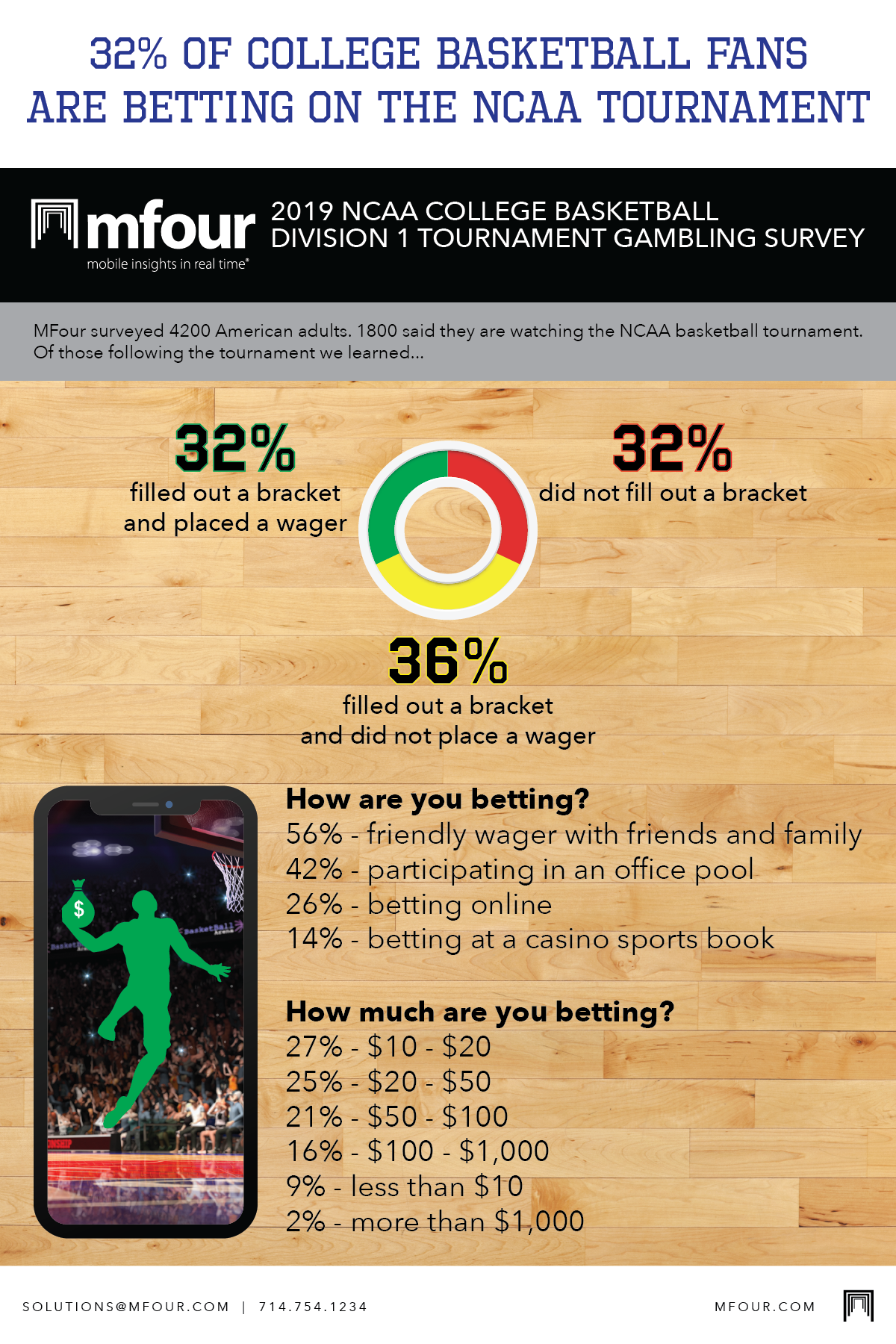



Brandon Bishop joins the MFour Sales team as a Solutions Development Representative who will act as the first point of contact when speaking to clients, as well as, conduct outreach to secure meetings for our sales team. He looks forward to supporting the solutions executives by maintaining client communication, feasibility, and pricing requests, and any additional work needed from him. In his previous sales roles, Brandon has shown his work ethic and determination by continuously hitting his sales quota and always supporting his team's daily needs. Brandon holds a Bachelor’s degree in Business Administration from the University of California, Riverside and an MBA in International Business from the EU Business School in Geneva, Switzerland. When he’s not in the office, he enjoys spending his weekends watching football with his friends and spending time at the beach when the weather is nice.
MFour is also excited to announce Brittany Hanna as a valued member of the operations team as a Senior Project Manager. In her new role, she will be leading projects through the various phases, ensuring timing and client objectives are always being met. She brings 5 years of Market Research experience where she understands the research process and will be able to communicate the different processes to various teams and clients, which will lead to a seamless workflow and satisfying client relationships. Brittany holds a degree in Communications Studies and a Masters degree in Health & Strategic Communications from Chapman University. When she’s not in the office, Brittany teaches yoga, DJs for events and enjoys all things Halloween related.
Theresa Bui joins MFour’s operations team with a degree in Psychology from the University of San Francisco and a Masters's degree in Applied Psychology from the University of Southern California. In her role, she will program surveys on MFour research platform, manage and analyze survey datasets, perform quality checks, and provide feedback for potential improvements. Theresa brings valuable experience working with SPSS, Qualtrics and all Microsoft applications. We are lucky to have someone like her who values organization and attention to detail. Theresa is a big foodie and loves eating, cooking, and baking whenever she has the time. She is also passionate about music where some of her favorite genres are EDM, alternative, and indie music.
Troy Harrington joins the MFour team as our new Senior Digital Marketing Manager where he will be leading strategy and execution of all digital marketing. He has spent the last 8 years building highly-successful digital marketing strategies leading teams at small businesses, start-ups, agencies, and large global technology companies. He is excited to use his years of experience to optimize media performance based on trends and insights. Troy has 17 certifications in marketing, copywriting, web development and media buying, as well as a Bachelor of Science in Marketing from California State University, Long Beach. When he’s not in the office, Troy likes to spend time with his wife and 1-year-old baby and cheer for his favorite football team, the Lions.






